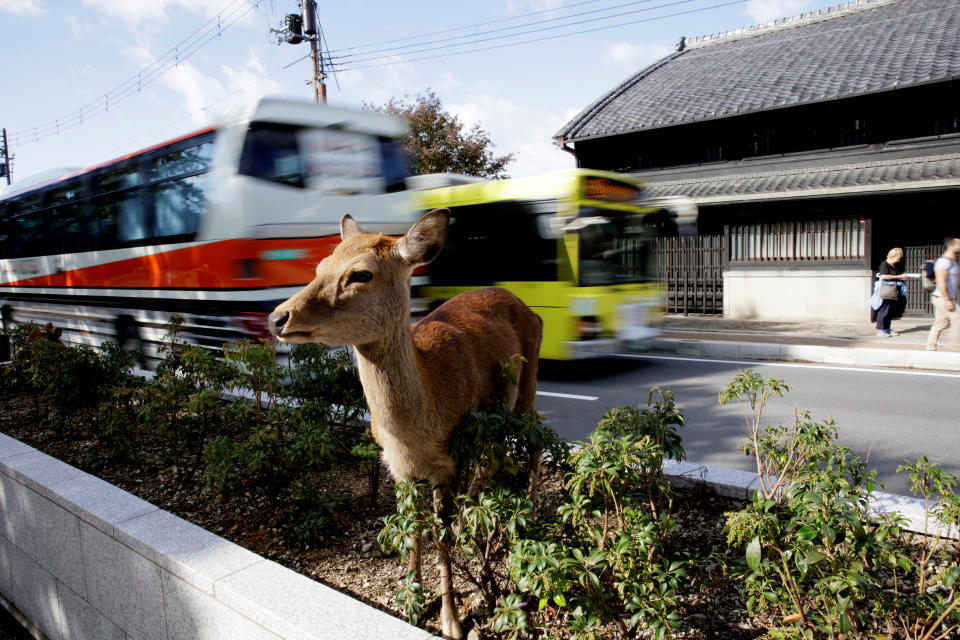Senbei-dependent Nara deer starve due to the lack of tourists

The coronavirus has thwarted many of our travel plans, affecting businesses of all scales. But unexpected affected parties are actually the wild deer roaming at Nara Park in Japan. With the significant decrease in local and overseas tourists who would feed them senbei (rice crackers), some of these starving deer have been reportedly seen venturing further away from the park, going into shops and towns. Suffice to say, some have lost weight as a result of the lack of a food source.
Japanese news reported that about 13 million tourists visit Nara Park every year, leading to a whopping 20 million pieces of rice crackers being sold annually. There are about 1,300 deer living in the park, with 400 of them housed in the deer shelter. That means that the remaining 900 deer would each have consumed at least 60 pieces of rice crackers a day!
「鹿せんべい依存症」の兆候、観光客減で激やせのシカhttps://t.co/tHOymFqLl1
— 産経新聞社 広報室 (@sankeikoho) September 24, 2020
Although their dependency on rice crackers may be a contributing factor to their weight loss, some of the deer have adapted to the pandemic situation by switching to eating more grass — their healthier natural food source. Reports have shown that the number of deer sitting on the grass during the day has increased by almost 40% this year. Resting time is important for the deers as they undergo a grazing herbivore’s digestion process called rumination.
Furthermore, increased grass-eating has also improved the conditions of deer droppings, making them more normal-looking — dark and round — as compared to before the pandemic. With less refined food and more natural nourishment, the deer, just like us humans, can maintain healthier levels of intestinal bacteria, thus improving their overall health.
It is indeed worrying that some senbei-dependent deer are becoming thin. But we can only hope that they will get rid of their addiction soon, as they may have to wait a long while before tourists start streaming in.

